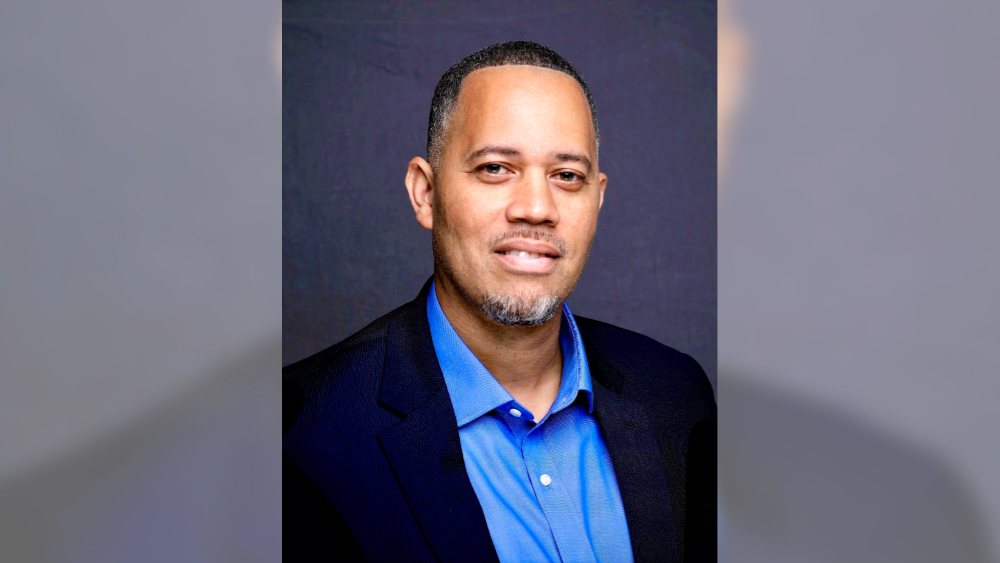If you’re interested in sharing your opinion on any cultural, political or personal topic, create an account here and check out our how-to post to learn more.
____
Written by Diallo Brooks
____
Since the first U.S. case of coronavirus was confirmed in late January, many Americans have experienced a growing sense of fear and uncertainty. The disease — which was recently classified as a pandemic — has had a growing impact on our public health, safety and economic security.
From the White House to national media outlets, the conversation about the virus has most recently focused on its disruptive impact on Wall Street and on our global economy over the immediate needs of the people and the growing financial and social burdens the virus has brought to our everyday lives. These burdens have largely fallen into two related categories: the exposure of existing structural gaps in our country’s employment practices, and unintended consequences of the social distancing measures health authorities recommend. And both disproportionately affect communities already struggling with health and economic challenges, including communities of color, seniors and low-income workers.
No one should be forced to choose between a paycheck to support their families or risking exposure to the virus. But the more than 30 million Americans who don’t have access to paid sick leave benefits are facing exactly that reality right now. And that longstanding weakness is thrown into even sharper relief when a pandemic strikes.
At the same time, the recent preventive measures that are intended to protect us don’t sufficiently protect many folks.
We’re seeing this play out in many ways. For example, my workplace — like many others — recently offered full-time remote work to stay healthy and minimize the spread of the virus. But teleworking simply isn’t an option for the millions of folks who are working minimum wage or other low-income jobs, including those who work on an hourly basis or who rely heavily on tips for their income.
School closures cause similar problems. More than one thousand schools nationwide have closed or are imminently scheduled to close. But for working and low-income families who rely on schools to provide free or reduced-cost meals, their children’s health and well being is on the line. Without other means of community support from a food pantry or church, these kids could risk going hungry. And working families who rely on school for childcare must now scramble to find another option — an endeavor that could prove difficult as more caregivers try to limit their own risks of exposure.
At the university level, low-income college students face an additional threat to their housing as dorms and campuses are shuttered. Research indicates that almost half of all four-year college students face housing insecurity. Those young people — which include out-of-state college students or those without any family nearby — are now left to find another place to stay.
Thankfully, there was a glimmer of hope on Friday, when the House of Representatives outlined the first steps in a plan to create real solutions to many of these problems. The Families First Coronavirus Act, which passed the House that night, provides free testing for anyone who needs it, paid sick days, unemployment insurance, food security measures and other critical resources.
Its passage offers a lifeline in an otherwise tumultuous and foreboding climate.
It also stands in contrast to the response of Donald Trump and his cronies, who have demonstrated just how little they care about addressing these dangerous threats. In fact, just days ago, Republican Senate leaders blocked an emergency paid sick leave bill designed to address these issues.
We can’t let them do it again.
The people-focused solutions outlined in the Families First Coronavirus Act prioritize and expand the benefits that we all need and deserve, like paid sick leave, free testing for the virus, nutrition assistance and employment insurance.
It’s on the Senate to show us the respect and dignity we deserve by voting for the solutions that we need the most. So let’s speak out, right now, not just for our own families, but for all of us. Let’s remind our members of Congress that they work for us, not the other way around. And if they choose to yet again vote against our best interests, let’s remind them that we will hold them all accountable at the ballot box this November.
____
Diallo Brooks is Senior Director of Outreach and Public Engagement at People For the American Way (PFAW). Brooks brings 20 years of experience as a leader in the fight for social justice and civil rights while working with national and state leaders to advance progressive policies that support and enhance everyone’s ability to live the American dream.
